Why many Eurovision fans are boycotting this year’s competition
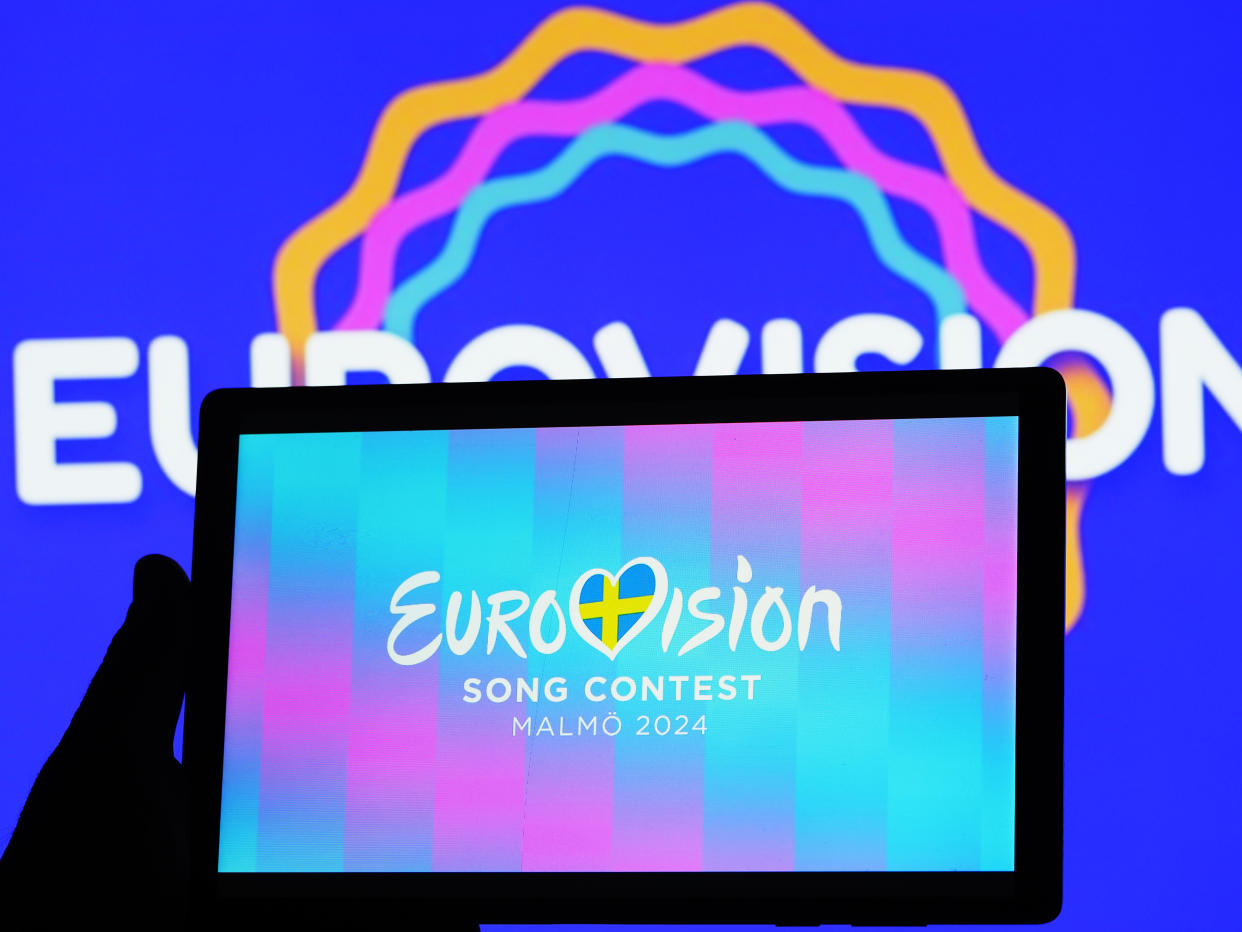
The Eurovision Song Contest is a very special date in the diary for dedicated fans – but some of them will not be tuning in this year.
An official boycott of the Eurovision 2024 is being organised by Queers for Palestine in protest of Israel's inclusion in the song contest this year. More than 450 queer artists, individuals and organisations have signed an open letter calling on Olly Alexander to join the boycott and compete in Eurovision on behalf of the UK.
The Years and Years singer has released a statement, explaining his decision to remain in the contest, despite supporting a ceasefire in Gaza.
So why will so many Eurovision fans be shunning the celebrations this year? Here is the reason for the boycott.
Gaza war
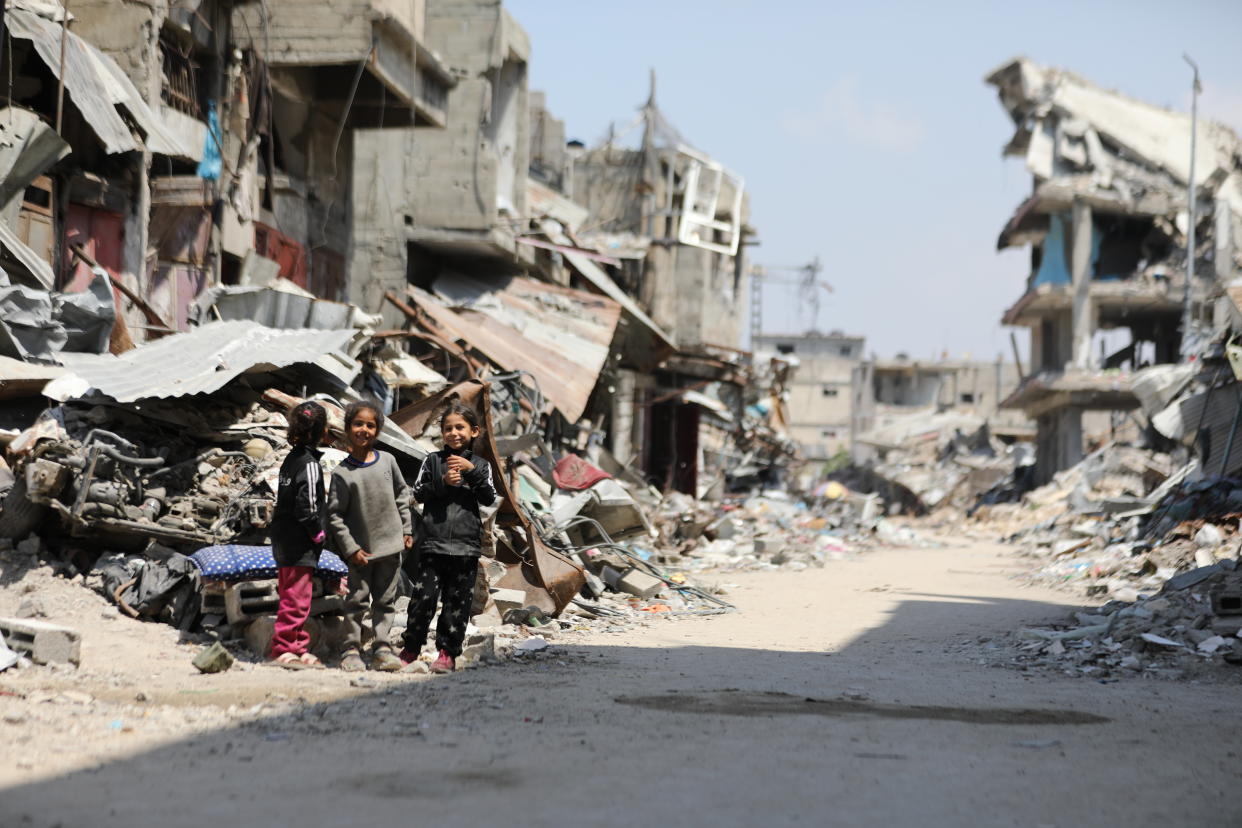
Gaza, also known as the Gaza Strip, is a densely-populated Palestinian enclave on the eastern coast of the Mediterranean, north-east of the Sinai Peninsula. Bound by the Mediterranean Sea to the west, Israel to the north and east and Egypt to the south, it is just 25 miles long and six miles wide.
Israel launched its offensive on the Palestinian enclave in response to a surprise attack by Hamas on 7 October 2023, which saw 1,400 Israelis killed. Since the Israel-Hamas war broke out there have been calls from many leaders, governments, charities and other organisations, including the UN General Assembly for an immediate and permanent ceasefire.
Russia's Eurovision suspension
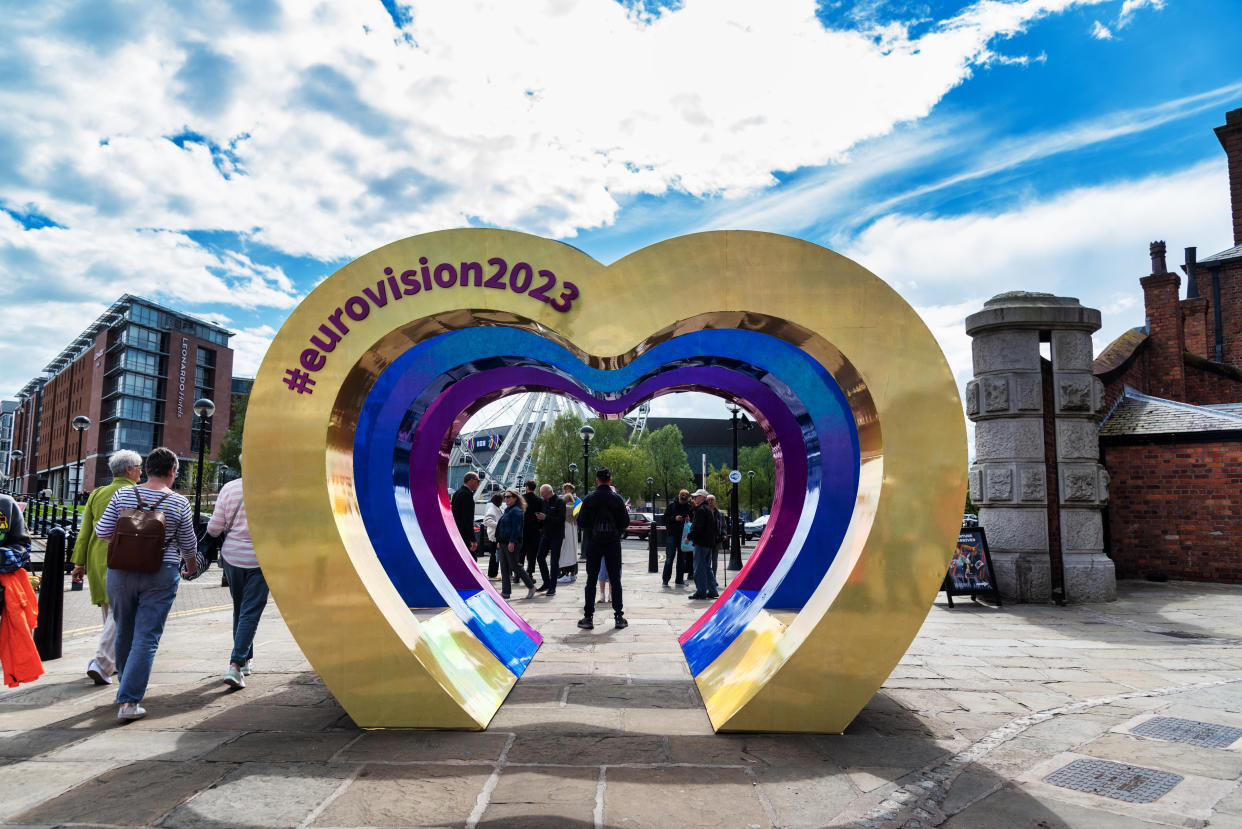
Russia was scheduled to participate in the Eurovision 2022 in Italy. But the country was suspended from the contest in February 2022 due to the Russian invasion of Ukraine. That suspension remains in place and Russia may not participate in or broadcast the song contest.
The Eurovision Song Contest 2024 grand final is set to take place on 11 May in Malmö, Sweden, with the semi-finals on 7 and 9 May. Israel is among those competing in the semis, represented by Eden Golan singing her song Hurricane, leading to calls calls for Eurovision to suspend Israel from the competition.
But the European Broadcasting Union (EBU) have refused, saying: “The Eurovision Song Contest is a competition for public service broadcasters from across Europe and the Middle East. It is a competition for broadcasters – not governments – and the Israeli public broadcaster has participated in the contest for 50 years.”
Israel has won the contest four time. First in 1978 with the song A-Ba-Ni-Bi performed by Izhar Cohen and the Alphabeta, the just one year later 1979 with the song Hallelujah performed by Milk and Honey. Dana International won with the song Diva in 1998 and in 2018 Netta Barzilai won with Toy.
Queers for Palestine
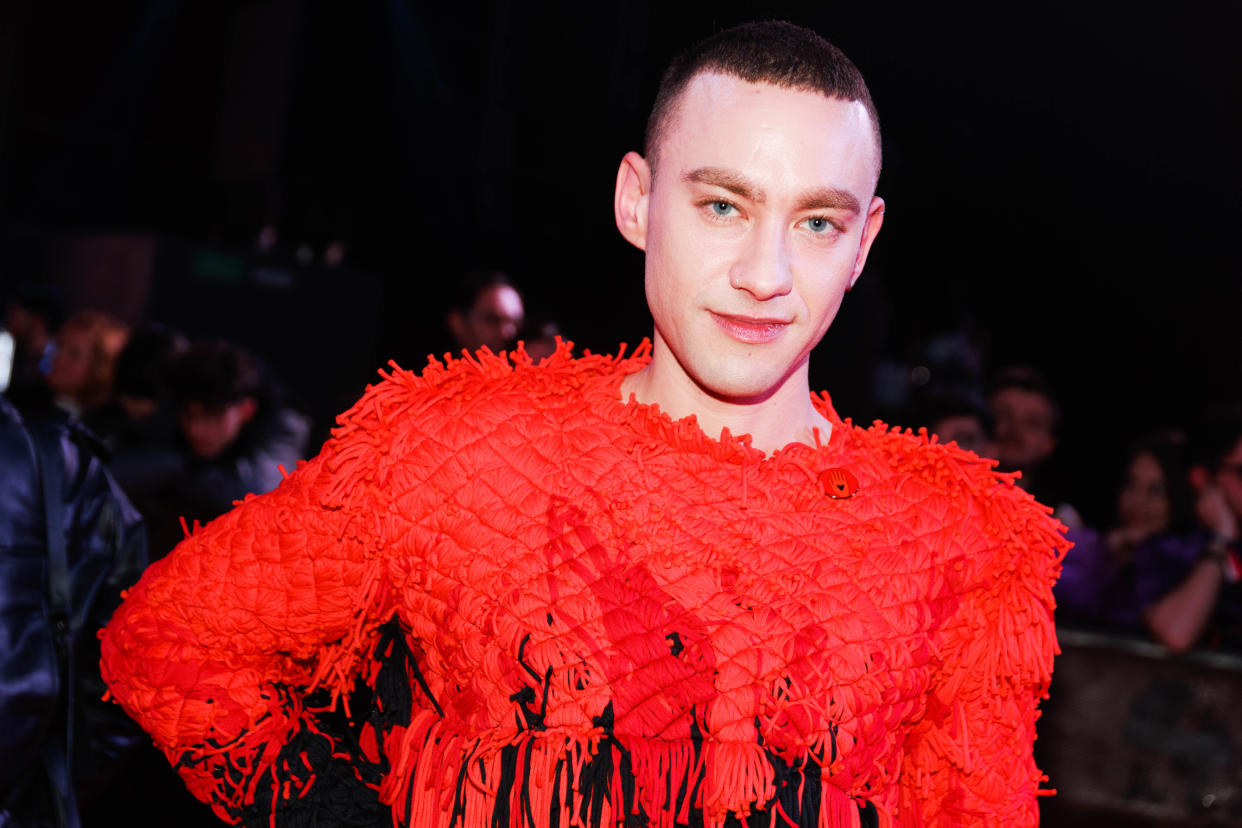
Queers for Palestine are a group of more than more than 450 queer artists, individuals and organisations calling for a boycott of Eurovision. Among their members are the actor Maxine Peake, band Goat Girl and novelist and playwright Sarah Schulman, who argue that Israel’s presence in the competition helps to normalise the ongoing conflict in Gaza.
They are backed by Boycott, Divestment, Sanctions (BDS), which is a Palestinian-led movement for freedom, justice and equality, and who are calling for a full cultural boycott of Israel in protest against the conflict in Gaza.
Queers for Palestine have written an open letter to Olly Alexander calling on him to pull out of Eurovision.
The letter, posted on Instagram, read: "We share the vision of queer joy and abundance you’ve offered through your music, and share your belief in collective liberation for all. In this spirit, we ask you to heed the Palestinian call to withdraw from Eurovision …
"There can be no party with a state committing apartheid and genocide. At a time when accountability is so urgently needed, Israel’s inclusion in Eurovision would enable and cover up its war crimes and crimes against humanity."
Olly Alexander's response
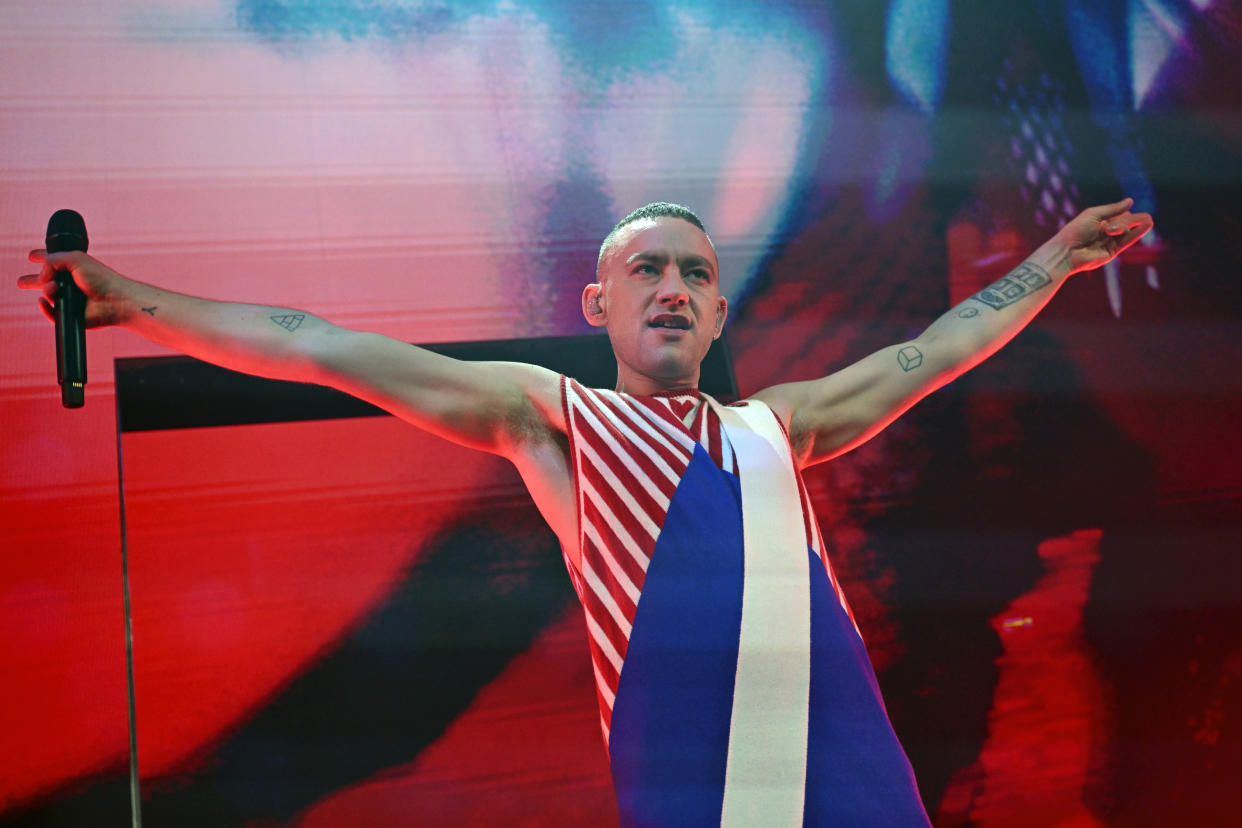
The Years and Years frontman has defended his decision to remain in the song contest, representing the UK with his song Dizzy. The 33-year-old singer and actor released a response to the calls for him to join the boycott on social media platform X.
The It's A Sin star said: "I wholeheartedly support action being taken to demand an immediate and permanent ceasefire in Gaza, the return of all hostages and the safety and security of all civilians in Palestine and Israel.
"I know some people will choose to boycott this year’s Eurovision and I understand and respect their decision. As a participant I’ve taken a lot of time to deliberate over what to do and the options available to me. It is my current belief that removing myself from the contest wouldn’t bring us any closer to our shared goal."
Queers for Palestine sent me their letter asking me to withdraw from the ESC earlier this week and I responded to them directly, I’m sharing my response here alongside this mornings collective artist statement 🩷 pic.twitter.com/kEz5soC6Wf
— olly alexander (@alexander_olly) March 29, 2024
Alexander revealed that he has discussed the boycott with his fellow contestants and said they hoped to "use our platform to come together and call for peace." He added: "I hope and pray that our calls are answered and there is an end to the atrocities we are seeing taking place in Gaza."
Read more: Eurovision
Eurovision entrants grapple with diplomacy on Gaza ahead of this year's contest(Sky News, 2 min read)
UK Cinema Refuses To Screen Eurovision Song Contest “While Israel Remains In Competition” (Deadline, 2 min read)
When is Eurovision 2024 and who is the UK's entry Olly Alexander? (Yahoo UK, 5 min read)
Watch: Olly Alexander criticised for signing statement calling Israel an 'apartheid state'


